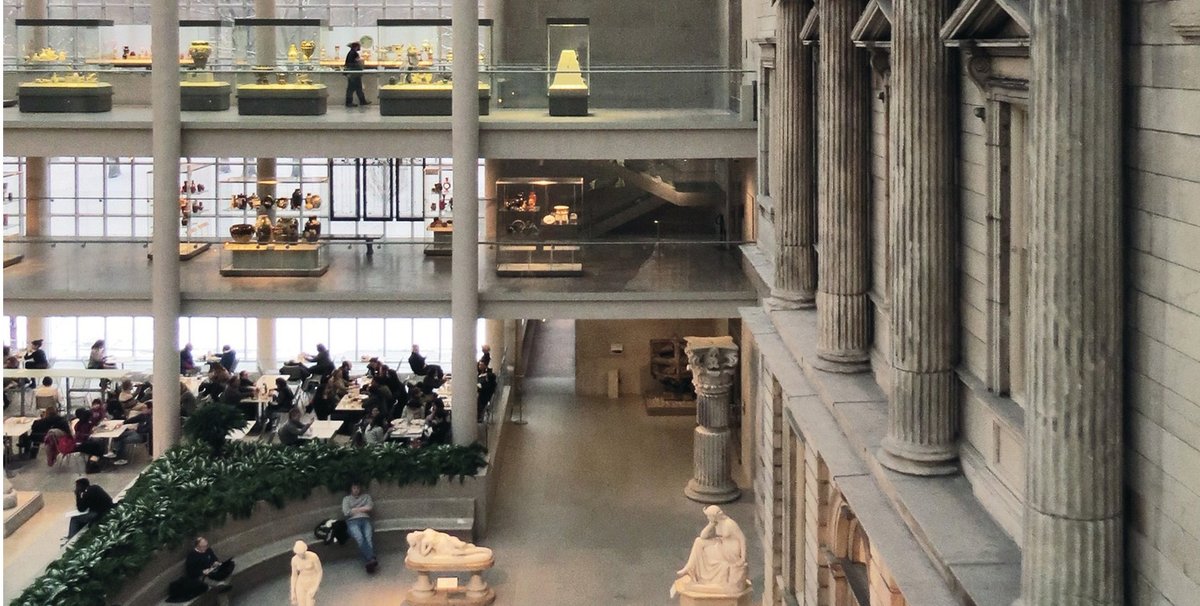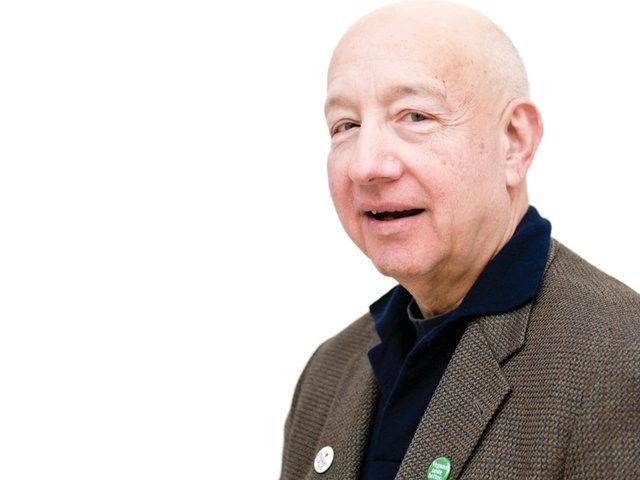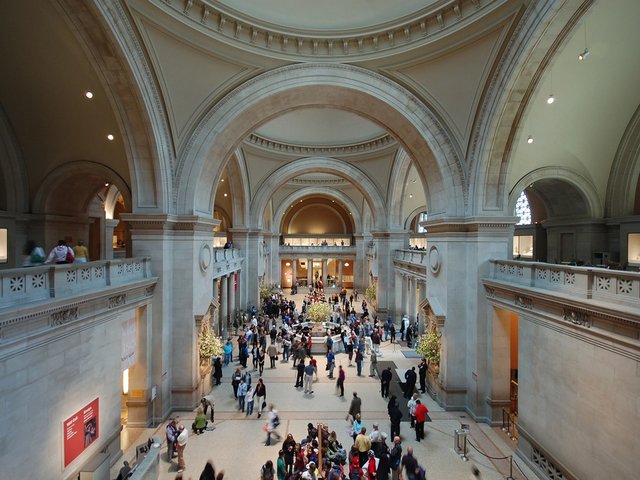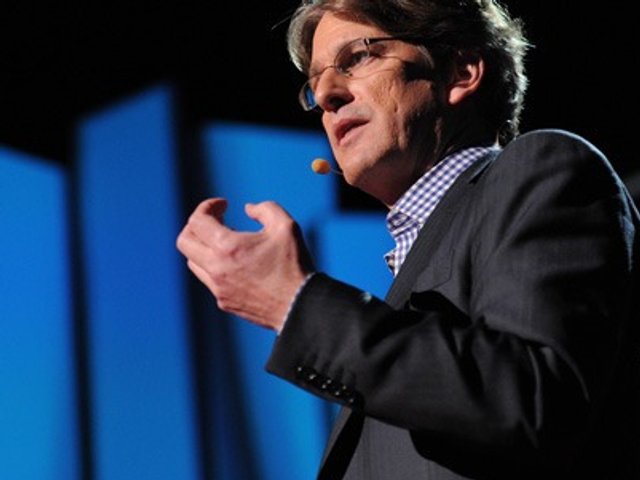Thomas Campbell’s resignation as the director and chief executive of the Metropolitan Museum of Art, announced at the end of February, will soon leave the country’s largest museum without a leader. His successor will have many urgent issues to contend with, including a deficit, disgruntled curators and a paused $600m renovation of the museum’s Modern and contemporary wing.
The right candidate requires a very particular set of skills. The Met is a unique encyclopaedic institution that operates in some ways more like a university than a museum. (Its $2.5bn endowment is in fact larger than that of most universities—and every US museum except the Getty.) The Met’s 17 curatorial departments range from musical instruments to European paintings and encompass 5,000 years of art. Including curators, conservators, digital producers, administrative staff and part-time workers, the museum employs more than 2,000 people.
The next director “must occupy an unassailable position within the art world, yet have the grace to step back and allow her or his people to shine; they must be strong not rigid; communicate gracefully yet understand numbers; keep one eye on what engages the general public and one on experts; respect tradition yet understand modern approaches for connecting people to art,” says Mark Oppenheim, the founder and chief executive of the San Francisco executive search firm Oppenheim Associates.
“Parting the Red Sea and leaping tall buildings are optional,” Oppenheim wryly adds.
The search will require the board of trustees to make tough decisions about the museum’s priorities. It is unclear whether they will search for someone with a background in contemporary art to align with the Met’s recent emphasis on that sector, or opt for an expert with expertise in a more traditional field.
The board may choose to promote from within the museum’s own ranks, as it did with Campbell, or widen the pool to look for a successor from an institution abroad.
“I was happy to read that the board will take some time to think about that,” says Bruce Thibodeau, the president of the Boston-based Arts Consulting Group.
“The key to finding the right director is how the board defines this position—in relation to the capabilities of the president, the curatorial staff and the rest of the senior management team.”
While this might seem like a tall order, it is not impossible, Thibodeau says. “There are great people in the world who are well qualified to run the Met, but they need clarity on the right balance of business experience and curatorial knowledge.”
In the meantime, Daniel Weiss, the Met’s president and chief operating officer, is serving as the interim chief executive and will help steer the transition. A source told the New York Times that he is being considered as a permanent replacement.





